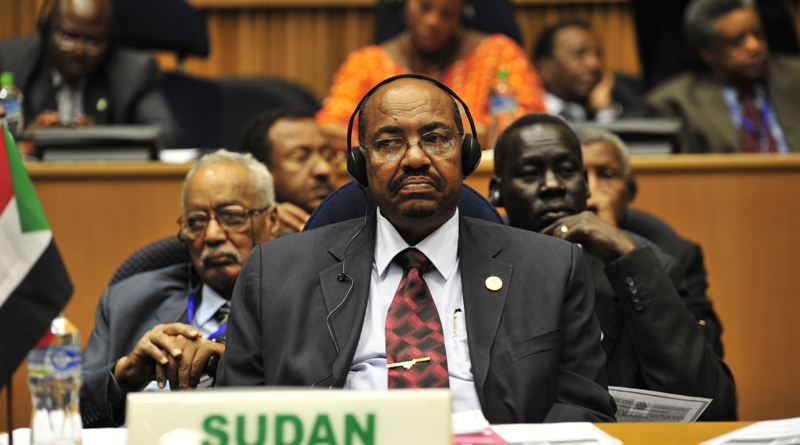Terrorism on Trial: Sudan Faces the Supreme Court
By Edward J. Maggio
On Aug. 7, 1998, truck bombings were planned and executed against the U.S. embassies in Nairobi, Kenya as well as Dar es Salaam, Tanzania. These catastrophic terrorist attacks killed 224 people and wounded thousands of innocent people. It marked the first large-scale terrorist attack by Al Qaeda. Three years later, Al Qaeda operatives carried out the Sept. 11, 2001, attacks in the United States, killing nearly 3,000 people.
After years of litigation against Sudan for their role in supporting Al Qaeda, the Supreme Court heard oral arguments earlier this year in the case of Opati v. Republic of Sudan. This case was brought by the victims of the 1998 terrorist attacks on the U.S. embassies in Kenya and Tanzania. Currently, the victims of these attacks are still seeking to enforce their judgments against the Sudanese government in what has been a complicated legal and political matter.
Sudan’s Historical Involvement with Al Qaeda
Under a corrupt political regime led by President Omar al-Bashir, Sudan harbored and provided sanctuary to Islamic terrorist groups. Notably, they supported and allowed the activities of Al-Qaeda and its leader Osama bin Laden beginning in the early 1990s.
President Bashir served as the ruler of Sudan from 1989 until his removal in a coup d’état in 2019. The current provisional government of Sudan now wants to work with the United States and move towards being removed from the U.S. state sponsor of terrorism list. Ho...

